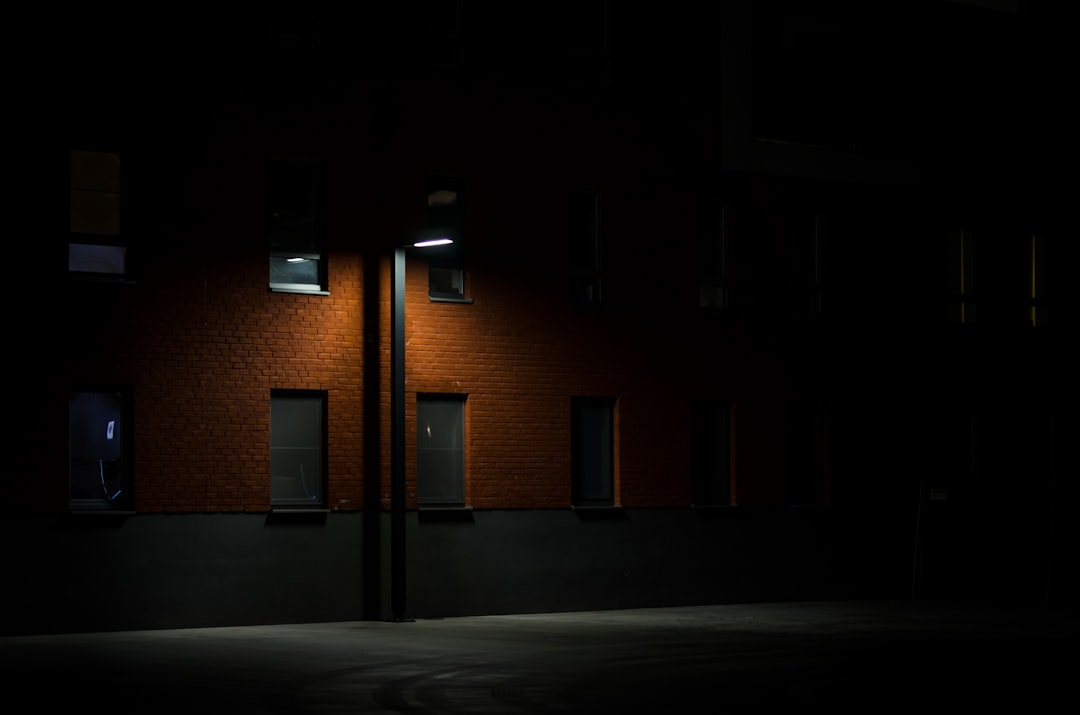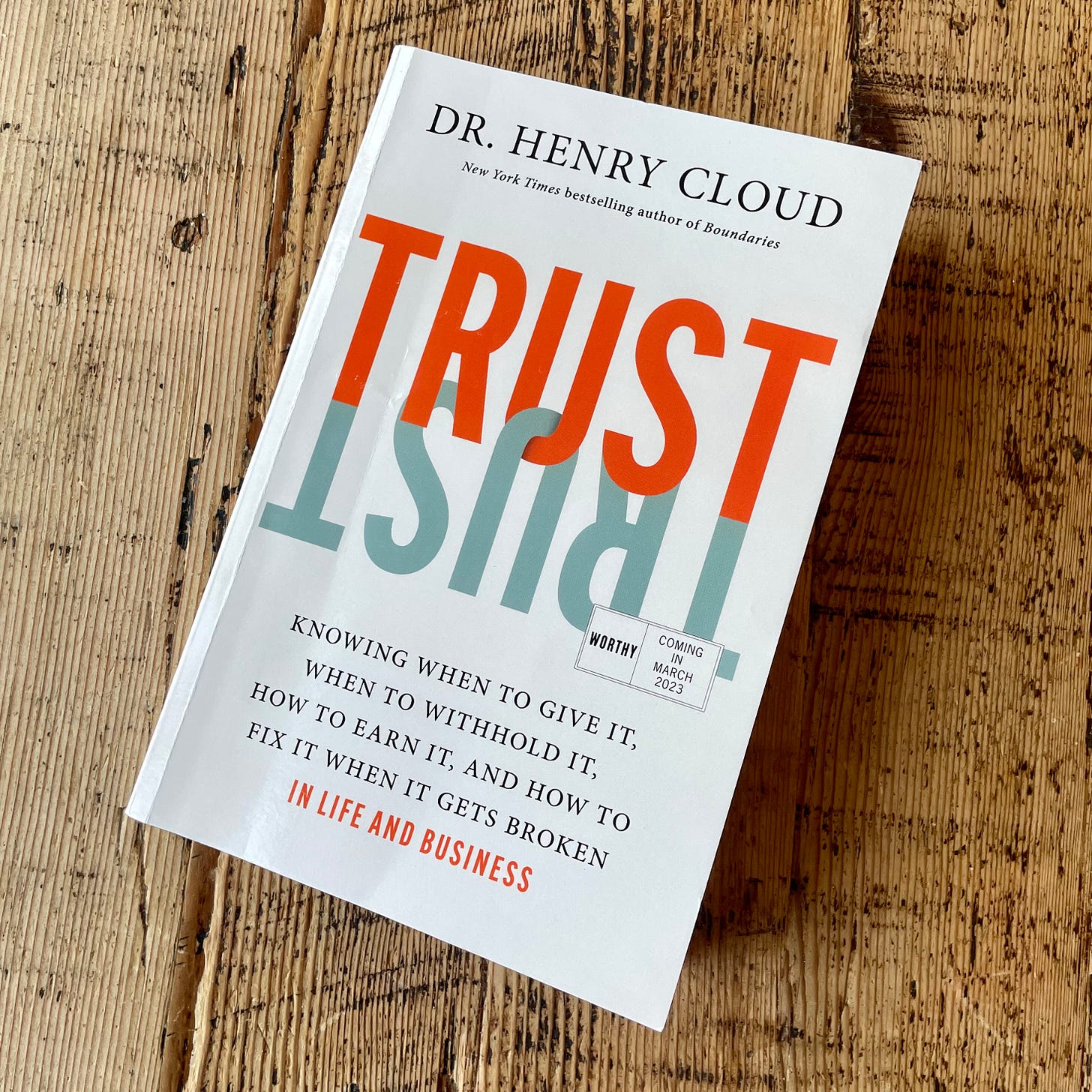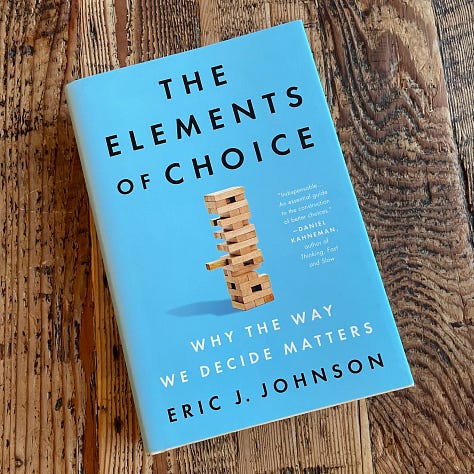Learning and Unlearning: Living with Ignorance
Rollup Review, Featuring: An Immigrant Memoir, Plato, Wellness Culture, Trust, Quitting, and the History of Ignorance
There’s a story about a drunk looking for his car keys. It’s night, and he leans against a streetlamp, searching under the luminous glow for a glint of metal, a glimpse of the familiar but elusive. After a while, a policeman walks up and asks what he’s doing.
“I’m looking for my keys,” explains the drunk.
The cop joins in the search but, seeing nothing on the ground, asks, “Are you sure you dropped them here?”
“No,” says the drunk. “I think I probably dropped them back there in the park.”
“Then why,” asks the cop, “are we looking here?”
“Because,” says the drunk, “this is where the light is.”

If there’s one thing all humans share, it’s our relative ignorance, along with another common treasure: our tendency to look for answers wherever we’re comfortable, rather than where helpful answers might actually be found. In fairness to ourselves, of course, we’re often impaired like the inebriate above—whether by cultural blinders, limited experience, misinformation, or some other handicap.
Some people do, however, step beyond the streetlight’s beam to find answers in the unfamiliar.
Journey into the Unknown
By the very nature of their adventure, immigrants leap past the familiar and into the unknown, and their life stories have the potential to reveal aspects of learning—and unlearning—that can benefit us all. Along those lines, I recently reviewed Wayétu Moore‘s memoir The Dragons, the Giant, the Women and Ran Abramitzky and Leah Boustan‘s comprehensive immigration study, Streets of Gold, based on the largest dataset of the subject ever compiled.
I was also drawn to Mary-Alice Daniel’s A Coastline Is an Immeasurable Thing: A Memoir Across Three Continents.

Daniel began her life in the north of Nigeria, born into a Christian home situated amid a Muslim stronghold. The question of Daniel’s identity only gets more complicated from there. “There are four possible answers I could give someone asking for my tribe,” she says, “each with varying degrees of accuracy: Fulani, Hausa, Hausa-Fulani, and Longuda.”
As a young girl, she travels to the UK, abandons her family’s faith over end-times obsessions, and moves to the US, bouncing around several cities before finally landing in Los Angeles—America’s great metropolis of self-manufacture. Along the way, Daniel pushes and probes into what she doesn’t know: new places, new people, new customs, new expectations, and new ways of fashioning a self.
While reading, it occurred to me we all share aspects of the emigre’s story. “I realized that our relationship to culture need not feel instinctive or innate,” says Daniel. “We may pursue it, pick at it, pull it apart.” But may is too conditional a verb. We don’t have a choice.
We don’t have to move across the world for the world to move beneath us. Even for those who never move beyond the place of their birth, the cultural and societal landscape moves underneath us at a pace requiring constant adjustment and adaptation. We regularly face unknowns, forced to reckon with the unfamiliar. We’re all immigrants.
Wellness as a (Confusing) Way of Life
Health and wellness represents one area where many of us feel particularly adrift. Follow the headlines and trends and you’re likely to find yourself pretzeled into mutually contradictory methods to manage your stress, your weight, your age, and more. Google a term or click an ad, and you’ll never escape the social media advertising machine that fills your feed with recommendations for every app, diet, gimmick, and gadget you can imagine—and plenty you can’t.
Part of what’s happening, as reporter Rina Raphael details in The Gospel of Wellness, is that companies and content providers actively trade on the ignorance of their customers and audiences, while often simultaneously revealing their own.

Raphael began reporting on the wellness industry for Fast Company and discovered that approaches and advice—including those from popular authorities—were often grounded in incomplete science, pseudoscience, and pure woo-woo. Dietary fads like “cleanses” and “clean eating,” for instance, reflect misunderstandings of how the body operates and what it requires to operate well. Taken to extremes, these fads have caused actual harm. It’s easy to do when one’s health advisors are untrained Instagram influencers and celebrities.
Of course, the ignorance runs the other direction as well. One reason people so readily adopt alternative health regimens is they distrust traditional, Western medicine. Sometimes it’s autobiographical: A person struggles with a malady that has stumped their physician and other specialists; meanwhile, their homeopath recommends something that seems to work. Other times it’s tribal: We tend to take most of what we believe on faith and adopt the preferences and positions of people in our communities—virtual, local, religious, political, whatever. What we eat or how we medicate can end up reflecting (and even becoming part of) our belief system.
Raphael offers several tips to avoid the worst of these extremes. A few:
“Remember that wellness isn’t one-size-fits-all.”
“Be wary of emotionally manipulative language.”
“Consider your sources.”
“Analyze intentions.”
“Understand that science is always evolving.”
That last one offers a helpful reminder that knowledge is provisional. We might possess knowledge that is really just ignorance dressed with footnotes. Today’s certainty is sometimes tomorrow’s myth. The history of health fads and trends highlights the point. So does the entire history of science.
We Know Less than We Think
It’s easy to mock the drunk at the streetlamp looking for his keys, but as I mentioned, we all find ourselves groping in the light for something not there—at least from time to time. Nothing makes that clearer than historian Peter Burke’s latest, Ignorance: A Global History.

As an intellectual historian, Burke’s career has covered a lot of territory, but in the last couple of decades he’s focused heavily on knowledge itself: A Social History of Knowledge (2000) and A Social History of Knowledge II (2012), What Is the History of Knowledge? (2015), and The Polymath (2020). In Ignorance, he inverts his attention to cover the lack of knowledge. But how do you write a history of the unknown? The premise feels a bit Seinfeldian.
Burke first explores the nature of ignorance—what is it exactly?—along with its social dimensions. He covers, for instance, the breakdown of knowledge within and between organizations; between classes, races, the sexes, and religions; and blind spots when it comes to science, a point of convergence with Raphael’s reporting.
He then shifts to areas of life where ignorance has played a costly and determinative role in human affairs: war, business, politics, and natural disasters. The chapter “Secrets and Lies” explores the efforts of the powerful to keep people in the dark and the counter efforts of spies, moles, hackers, muckrakers, whistleblowers, and others to expose state secrets.
Where Burke proves most interesting is when contemplating how our ignorance plays into speculation. Why can’t experts adequately forecast the future? There are simply too many unknowns to factor into the predictions. We know far less than we assume, and data-rich environments might give us a false sense of knowledge. We’re searching where we have light, but not always where our keys fell.
The Social Dimension
As Burke shows, ignorance has many important social dimensions—which goes some way to explaining why the opposite of ignorance isn’t simply information or knowledge; depending on how you look at it, the opposite is trust.
Most of what we know, as S. I. Hayakawa and Alan R. Hayakawa explain in Language in Thought and Action, is based on the reports of others—reports of reports of reports. “When we ask ourselves what we know at first hand, we discover that we know very little indeed,” they write. Without the willingness or ability to trust those reports, we know next to nothing.
No wonder then clinical psychologist Henry Cloud says, “Trust is the fuel for all of life.”

Cloud ‘s new book, Trust, provides a thorough exploration of how trust operates across a range of relationships, focusing on five essentials in forming or keeping trust:
understanding
motive
ability
character
track record
Breakdowns in our trust seem to occur along these fault lines; you believe someone’s motives aren’t as advertised, you doubt their character, and so on. Now map those breakdowns to the trouble spots in science, war, business, race, religion, and politics outlined by Burke.
Ignorance is the companion of distrust because trust is a precondition for knowledge. This is why the abuse of trust by experts (real or imagined) is so socially destructive. Knowledge is socially constructed, and that means it hangs on trust.
The Cost of Quitting too Soon
“The cost of always winning,” says philosopher Agnes Callard, “is never getting to know how much more was in you.” Quitting too soon carries a similar cost. When faced with something challenging, uncomfortable, or embarrassing, we can be tempted to bail. We salvage our ease at the cost of lost knowledge: awareness of what it would have taken to prevail.
We trade success for ignorance and that’s a bad deal, according to authors Tracy Maylett and Tim Vandehey.

Swipe: The Science Behind Why We Don’t Finish What We Start borrows a smartphone gesture—swiping left—to describes our desire to exit unpleasant circumstances. The tendency, they argue, is based on our psychology but encouraged by our technology. Our quick, fast, and easy tools have amplified the urge to quit when we hit moments of friction. It’s a question of declining frustration tolerance.
Go back to the drunk at the lamp post. If we opt to search only where we can see, we’re likely missing what we’re actually looking for. We have to be willing like Mary-Alice Daniel to push into the unknown, to embrace our status as existential emigres and journey into the unknown.
Self-discovery requires leaving the familiar to find something more valuable beyond it. The more we swipe, however, the more we train ourselves to quit when things get challenging—and the more knowledge about ourselves and our world we forgo.
Building a Frame for Knowing
One of the biggest challenges of knowledge is integration. To acquire and understand new information we have to develop ways of incorporating it into what we already know. We construct frames for understanding and sort and shuffle information to fit; we edit and revise both the new information and the old to get all the facts and theories to line up.
In so doing, we alter and adapt the knowledge we possess—both the incoming and the preexisting—to manage the task. If we do this poorly, we distort the information and expand our ignorance. If we do this well, we harmonize the information and deepen our understanding.
Mary-Alice Daniel’s attempts at shaping her identity provides an example of this challenge. So does theology.

Christianity arose in the Greco-Roman world. As such, it found itself in immediate conversation with not only the Jewish tradition that formed its earliest expression, but also the Greek philosophical tradition. St. Paul’s letters provide evidence of this exchange, as do St. Luke’s descriptions of Paul in action (see, e.g., Acts 17.16–34). It’s no surprise then that Christian authorities would deal with the thought of Plato.
In his book, From Plato to Christ, Louis Markos offers a fascinating account of these dealings and how they came to shape Christian thinking. Markos begins with Plato himself, setting the stage by summarizing Plato’s insights and exploring his dialogues. It’s easy to see, as he progresses, where Christian thinkers would find points of agreement and disagreement.
From there Markos demonstrates how adapting Plato’s ideas helped Christians develop new frames for their own theology. Origen provides the primary example of this integration, but Markos shows Plato’s influence far beyond—on ancient and medieval thinkers in both the East (Gregory of Nazianzus, Gregory of Nyssa, and Gregory Palamas) and the West (Augustine, Boethius, and Dante). Following the train of influence in the West, Markos then reveals Plato’s presence in Erasmus, Descartes, Samuel Taylor Coleridge, and C. S. Lewis.
Plato’s writings, says Markos, “have inspired generations upon generations of philosophers, theologians, and poets—both pagan and Christian—to journey from the lower world to the higher.” We look for models to explain and extend what we know. In so doing, we transform our knowledge.
By venturing from the false certainty of his lamp post, the drunk might still find his keys—and far more besides.
Additional Reading
Every one of the above books stands on its own. But taken together they form an interesting study in the challenge of ignorance and how we deal with it in various spheres of life. If you want to go deeper on the topic, I recommend the following three books—all of which I’ve reviewed here.



Michael Blastland, The Hidden Half: How the World Conceals Its Secrets
Russ Roberts, Wild Problems: A Guide to the Decisions that Define Us
Eric Johnson, The Elements of Choice: Why the Way We Decide Matters
Thank you for reading! Please consider sharing this review with a friend.
If you’re not a subscriber, take a moment and sign up. It’s free for now, and I’ll send you my top-fifteen quotes about books and reading. Thanks again!



Joel, I love the way your reading is "syntopical," to quote Adler, who refers to this level of reading as the "ultimate goal." Allowing multiple books to shape the "great conversation" is magnificent. I continue to applaud you with genuine admiration.
Plato has a firm seat in the pews and pulpits of Christianity with the dualistic mindset that somehow the spirit is more important than the body. Such a tough weed to uproot in our tradition.
A vast array of amazing books... don’t know how you do it!